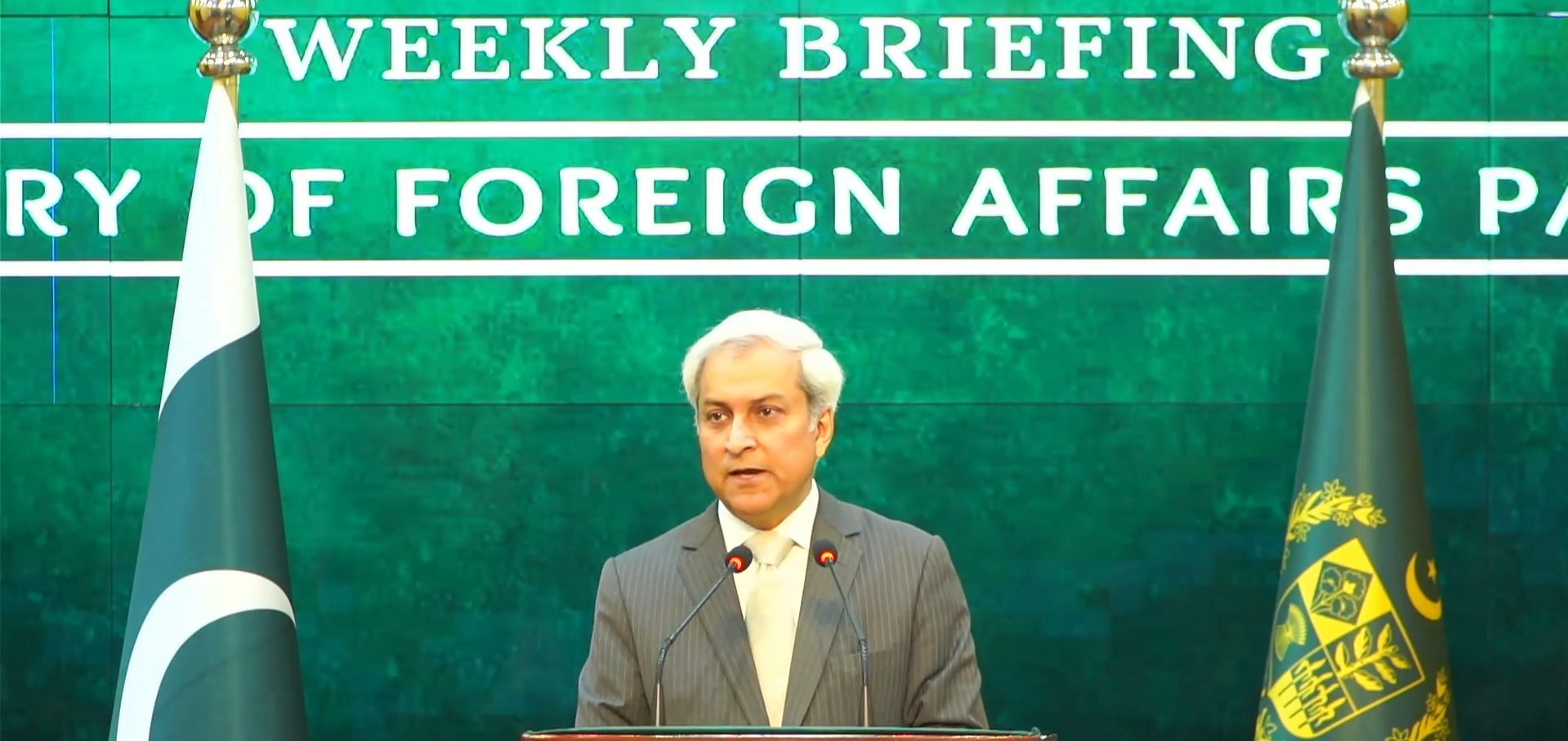Pakistan desirous of peaceful, stable, friendly, prosperous Afghanistan: Foreign Office

ISLAMABAD: Pakistan desired a peaceful, stable, friendly, inclusive, regionally connected, and prosperous Afghanistan, the foreign office said late Sunday, following its forces repelling an “unprovoked” cross-border assault overnight by the neighboring country.
The Pakistani military said the overnight assault of October 11–12 saw Afghan Taliban fighters and allied militants launch coordinated attacks along multiple border sectors. Pakistani forces repelled the offensive, killing over 200 attackers, while 23 soldiers embraced martyrdom, according to the Inter-Services Public Relations (ISPR).
ISPR said the Taliban were joined by Fitna al-Khawarij, Islamabad’s term for the banned Tehreek-e-Taliban Pakistan (TTP), along with Fitna al-Hindustan, referring to Indian-sponsored proxies, and Daesh/ISKP.
“Exercising the right of self-defense, Pakistan’s forces repelled the assault and inflicted heavy casualties,” ISPR said, adding that precision strikes destroyed multiple Taliban posts and training centers inside Afghanistan.
Islamabad calls for responsibility and restraint
In a statement issued later by the foreign office, Pakistan reiterated its long-standing desire for peace and stability in Afghanistan, emphasizing that Islamabad sought “a peaceful, stable, friendly, inclusive, regionally connected, and prosperous Afghanistan.”
“Pakistan expects the Taliban regime to act responsibly, honor its commitments, and play a constructive role in achieving the shared objective of rooting out terrorism from its soil,” the statement said.
The foreign office expressed “deep concern at the unwarranted aggression,” adding that such unprovoked actions aimed at destabilizing the border “belie the overall spirit of peaceful neighborhood and cooperative relations between the two brotherly countries.”
“Pakistan, exercising its right of self-defense, not only effectively repulsed the assaults all along the border, but also inflicted heavy losses on Taliban forces and affiliated Khawarij, in terms of men, material, and infrastructure,” the statement continued. “These infrastructures were used to plan and facilitate terrorist attacks against Pakistan.”
“In our targeted and precise response, all possible measures were taken to prevent collateral damage and protect civilians.”
The ministry emphasized that Pakistan values “dialogue and diplomacy and a mutually beneficial relationship with Afghanistan,” but warned that continued provocation would not be tolerated.
“At the same time, the Government of Pakistan continues to closely monitor the situation and would take all possible measures to safeguard its territory and the lives of its people,” the ministry said. “Any further provocations will be met with an unwavering and befitting response.”
India’s role and Afghan minister’s remarks
The foreign office strongly rejected what it called “baseless insinuations” made by Afghanistan’s Interim Foreign Minister Amir Khan Muttaqi during his visit to India, saying he attempted to divert attention from the presence of terrorist elements operating freely in Afghanistan.
“By making these baseless assertions, the Taliban regime cannot absolve itself of its responsibilities toward regional peace and stability,” it said. “Continued presence of terrorist elements on Afghan soil and the freedom of activities enjoyed by them in Afghanistan are well-documented in UN Monitoring Team reports.”
The statement noted that Pakistan has repeatedly conveyed its concerns to Kabul about the activities of Fitna-e-Khawarij and Fitna-e-Hindustan operating from Afghan territory, warning that these elements enjoy active support from India.
“Pakistan expects concrete and verifiable actions against these terrorist elements by the Taliban regime,” the foreign office added.
The ministry also drew attention to the timing of the border provocation, which coincided with the Taliban foreign minister’s visit to New Delhi, “the biggest state sponsor of terrorism in the region,” according to ISPR. Islamabad views this as further evidence of Indian efforts to exploit Afghan soil to destabilize Pakistan.
National leadership stands united
Prime Minister Shehbaz Sharif praised the Armed Forces for their professionalism and valor in defending Pakistan’s borders, saying there would be “no compromise on national defense.”
“Every provocation will be met with a strong and effective response,” the prime minister said, while offering prayers for the 23 soldiers who embraced martyrdom and extending condolences to their families.
Interior Minister Mohsin Naqvi condemned the cross-border attacks as a “blatant violation of international law,” saying Pakistan’s armed forces “have shown with an immediate and effective response that any provocation will not be tolerated.”
“The fire and blood being played out from Afghanistan have links to our perennial enemy,” Naqvi said, referring to India. “Afghanistan will be given a strong, decisive response — just as India was.”
Border closures
Following the clashes, Pakistan closed all major crossings along the 2,600-kilometer (1615.5 miles) Pak-Afghan border, including Torkham, Chaman, Kharlachi, Angoor Adda, and Ghulam Khan, officials confirmed.
Reaffirming Pakistan’s long-standing policy of humanitarian engagement with Afghanistan, the foreign office said:
“In the spirit of good neighborliness, Islamic brotherhood, and humanity, Pakistan has generously hosted around four million Afghans for more than four decades.”
The statement added that Pakistan would continue to regulate the presence of Afghan nationals on its territory “in accordance with international norms and laws.”
“We also hope that one day, the Afghan people will be emancipated and governed by a truly representative government,” it concluded.
Related Articles
UN agency endorses Pakistan’s global plan to curb disinformation, promote digital integrity
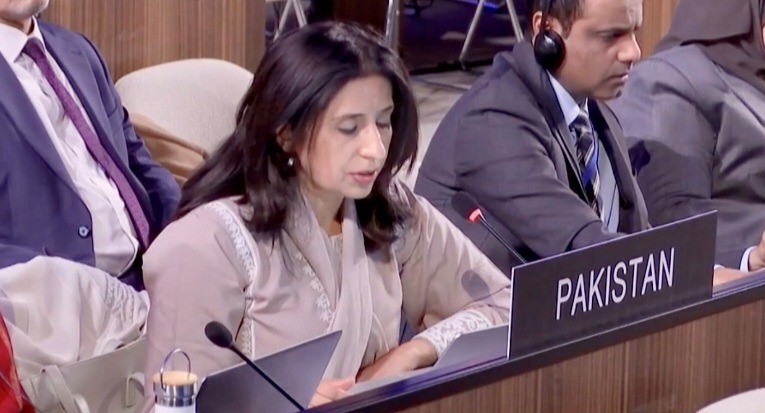
Pakistan to join global push for historic Gaza peace summit in Egypt
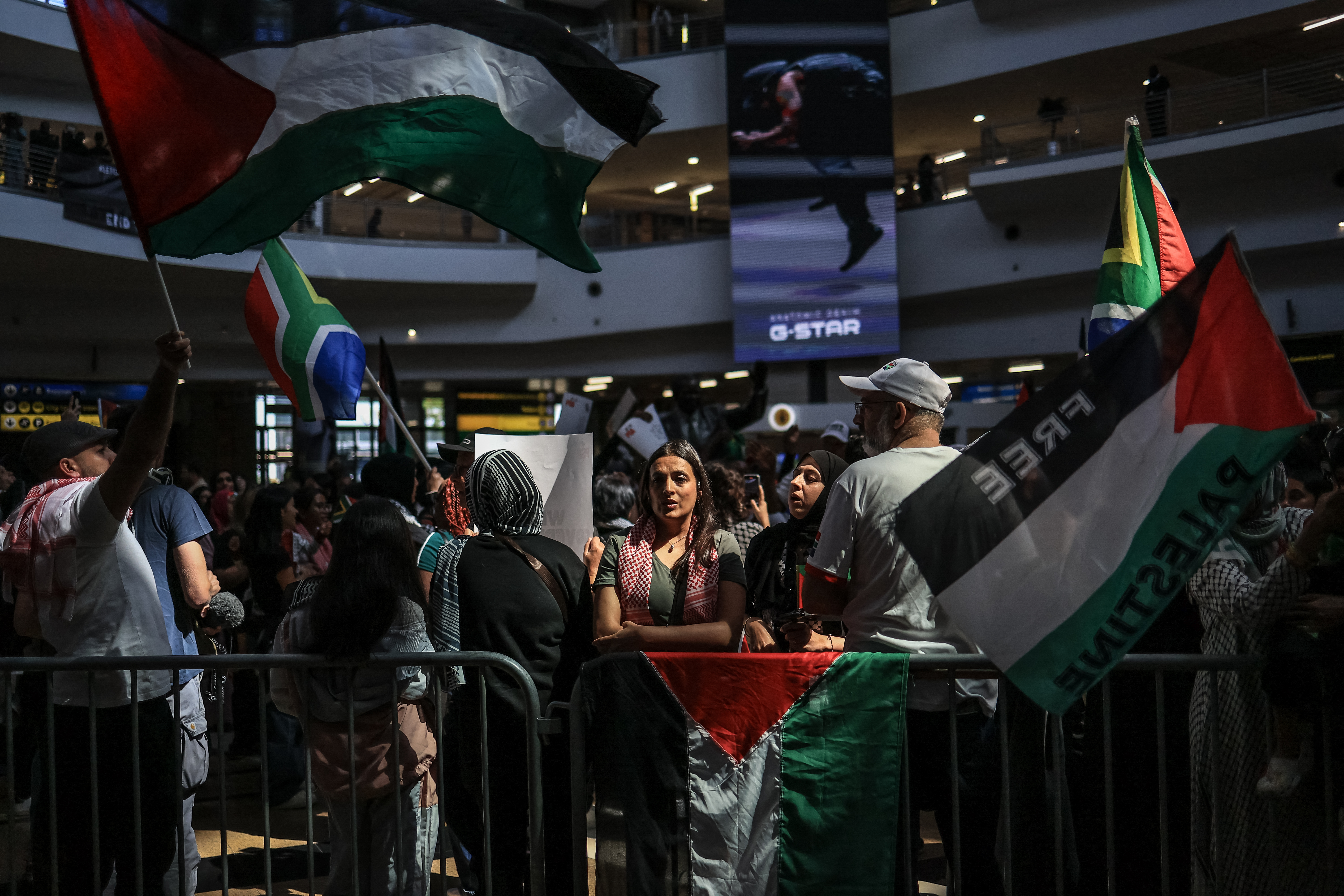
Over 200 Taliban, affiliates killed; 23 Pakistani soldiers martyred in border clashes: Pak Army
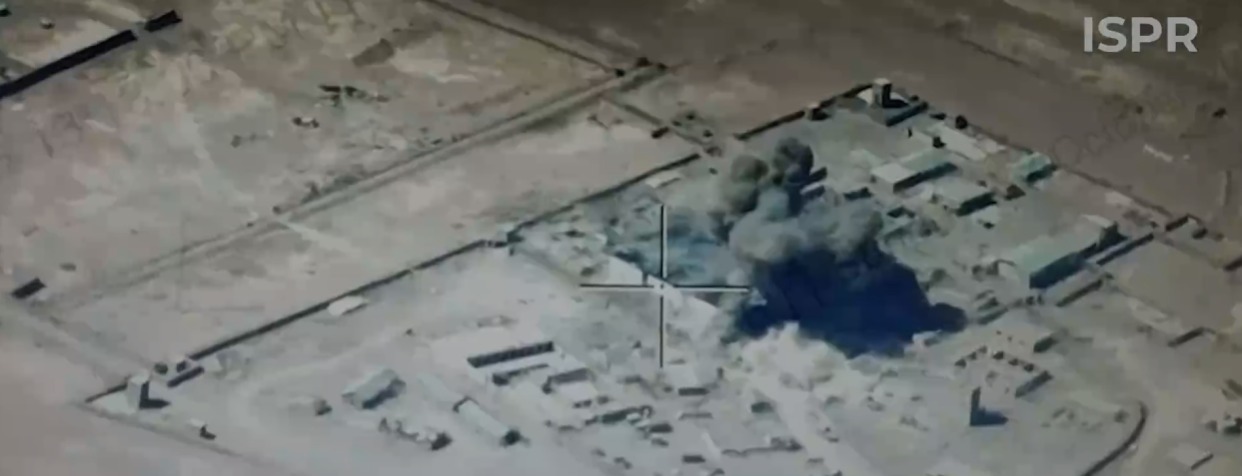
Captured 19 Afghan posts in response to unprovoked cross-border aggression: Pak security sources
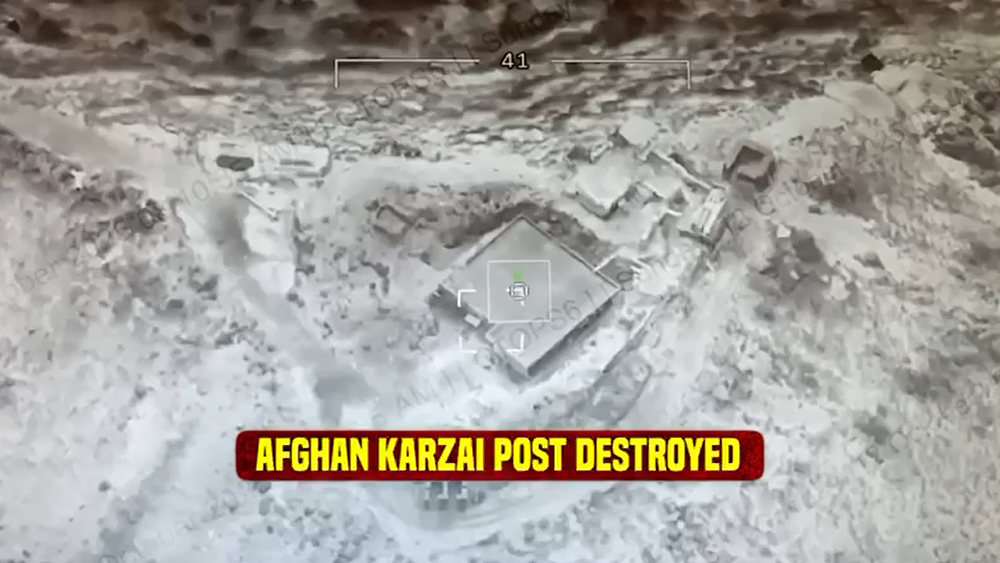
Latest News
Russian says 'no deadlines' to end Ukraine war
11 MINUTES AGO
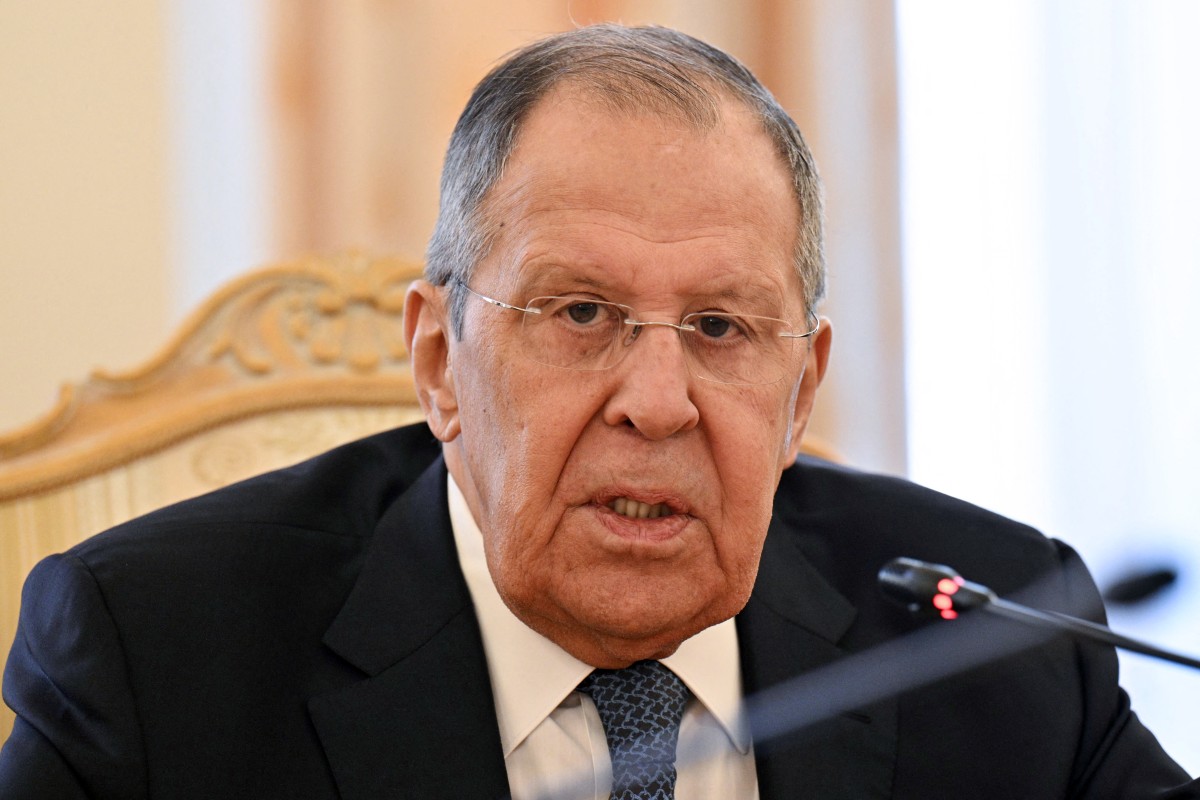
Merz says Germany, China must overcome trade gaps 'together'
2 HOURS AGO

Pakistani, European ministers agree on coordinated strategy to combat illegal migration
3 HOURS AGO

UN approves first carbon credits under Paris Agreement
3 HOURS AGO

Pakistan to raise concerns over Israel actions in West Bank at OIC Ministerial: Foreign Office
4 HOURS AGO
